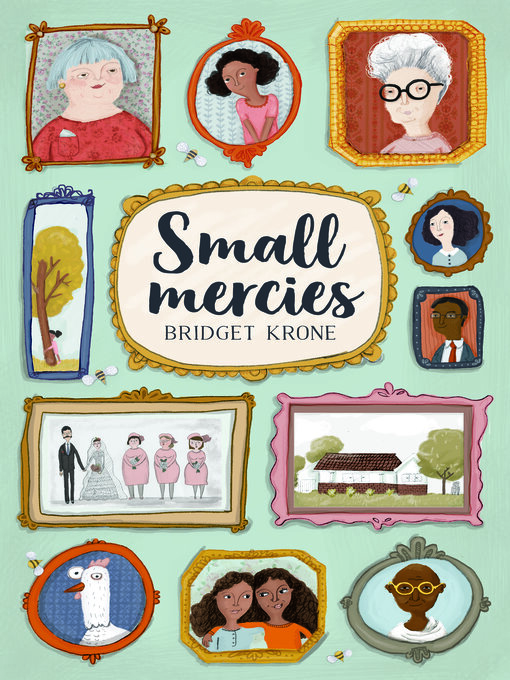Mercy lives in modern-day Pietermaritzburg, South Africa with her eccentric foster aunts—two elderly sisters so poor, they can only afford one lightbulb. A nasty housing developer is eying their house. And that same house suddenly starts falling apart—just as Aunt Flora starts falling apart. She's forgetting words, names, and even how to behave in public. Mercy tries to keep her head down at school so nobody notices her. But when a classmate frames her for stealing the school's raffle money, Mercy's teachers decide to take a closer look at her home life.
Along comes Mr. Singh, who rents the back cottage of the house on Hodson Road. When he takes Mercy to visit a statue in the middle of the city, she learns that the shy, nervous "Mohandas" he tells stories about is actually Gandhi, who spent a cold and lonely night in the waiting room of the Pietermaritzburg train station over a hundred years ago. It marked the beginning of his life's quest for truth...and the visit to his statue marks Mercy's realization that she needs—just like Gandhi—to stand up for herself.
Mercy needs a miracle. But to summon that miracle, she has to find her voice and tell the truth—and that truth is neither pure nor simple.



